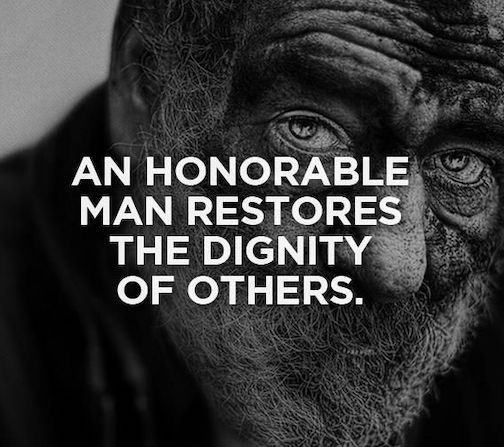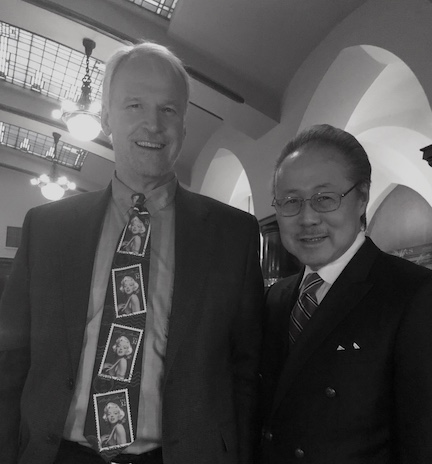Modern medicine takes time, but it’s worth the wait.
There’s something about getting sick, turning the corner to getting better, until finally a return to robust health and wellbeing.
Chances are good that you come back in better health with a new load of immunity.
Sometimes it’s a longer haul; this is a post for those travelers.
When anyone gets sick, down and out sick, emergency room sick, there’s a common feeling: FEAR.
Fear in the patient, fear in the family and friends, and a group thought of get better soon.
I’ve been on both sides of equation, patient and support, and it never goes as expected.
After one of the best weekends imaginable, including a farewell, family, and the embrace of loved ones, I remember thinking: “Now I can die happy.”
It’s a common saying heard from healthy people and it’s funny. I’ve said it before and it felt funny. Not so much this time.
It was a funny twinge in my chest, which is no surprise. Last week I put up 225 lbs on the bench press. That’ll twinge a few things if you’re not ready. In other words I lift weights, I’m a weight lifter, and there’s always a twinge, a cramp, a spasm, a pull, or a tear.
Except I didn’t lift Friday or Saturday.
A slight twinge Saturday night, more twinge Sunday morning, then the finale on Monday morning. Time to book a room at the heartbreak hotel.
“Honey, I need to get checked out.”
Just In Case
I went into the core of modern medicine, the emergency department.
I was on the table getting prepped for ‘just in case’ while my wife sat in a corner looking on like a disappointed spectator.
Instead of shouting out my last words, I sucked it up and tried to calm the hell down.
It was no one’s fault but my own; I took advice against my better judgement and got tagged by a stress reaction called takotsubo, or broken heart syndrome.
You may be at higher risk for getting broken heart syndrome if you are a middle-aged woman. The risk of developing the condition increases five times after the age of 55.
While the syndrome has been reported in younger women, in men and even in children, the vast majority of patients are post-menopausal women.
As a man of the people, all the people, I took a turn with a dance partner that usually goes with post-menopausal women?
Maybe it’s just me, but that seems weird. I’m not a post-menopausal woman last time I checked.
Man of the people? That’s me, all of the them.
You could be, too, if you cared enough about someone to get your heart broken.
I was laid up in a local hospital ICU for a night during covid.
The nurses were nervous as hell coming and going with so many patients in distress.
That was me on the inside. I’ve been with others.
My kid was six when I spent the night with him in the hospital.
I’ve stood beside the beds of my Mom and Dad, my in-laws, my kid who had a dislocated elbow.
I held him while one doctor, then another, tried reducing it, which is what they called getting the bones where they’re supposed to be.
Everything clicked.
Modern Medicine At It’s Finest
No matter who you are, it’s a shock to land in the hospital, to be a patient, not a visitor.
I’ve been in there, visited both kids for some serious stuff, visited all of my elders.
Even with all of that, I wasn’t prepared for the next generation.
The sight of a tenacious kid lying down in a hospital bed served to remind me how small they still are, how vulnerable.
As shocking as that can be, the parents showed another side.
Their teamwork, shared concern, and kindness to one another filled the room with love and hope.
I could see it in the nurses who came in. Maybe they were used to seeing different circumstances?
I’d say yes based on the level of security just walking into the building.
Starting with an armed presence, walk through metal detectors and wands, to another desk for patient room authorization from another decked out security guy, then up the elevator to a lobby with a phone outside of locked doors for the final check.
Me: Do you get a lot of conflict here?
Guard: Every day.
Me: Anyone in particular a bigger problem?
Guard: You never know.
Me: Here’s why I ask: Are Granddads a particular problem?
Guard: No more, no less.
Me: Can you tell the problems with they walk in?
Guard: Sometimes.
Me: How’m I doing?







Speak Your Mind